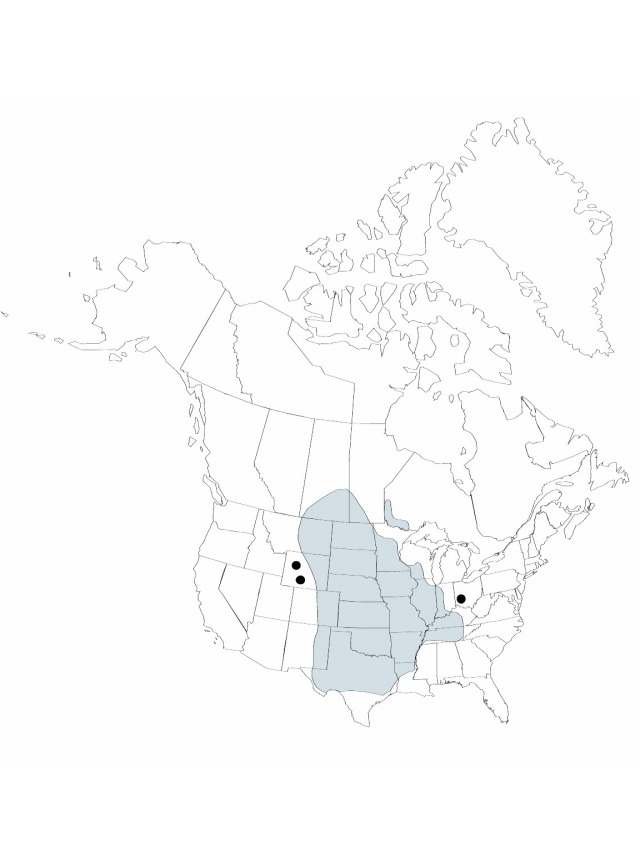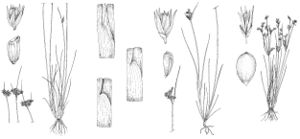Difference between revisions of "Juncus interior"
Bulletin of the Torrey Botanical Club 27: 516. 1900.
FNA>Volume Importer |
imported>Volume Importer |
||
| Line 8: | Line 8: | ||
}} | }} | ||
|common_names=Interior rush | |common_names=Interior rush | ||
| + | |special_status={{Treatment/ID/Special_status | ||
| + | |code=F | ||
| + | |label=Illustrated | ||
| + | }}{{Treatment/ID/Special_status | ||
| + | |code=E | ||
| + | |label=Endemic | ||
| + | }} | ||
|basionyms= | |basionyms= | ||
|synonyms={{Treatment/ID/Synonym | |synonyms={{Treatment/ID/Synonym | ||
| Line 63: | Line 70: | ||
|publication title=Bulletin of the Torrey Botanical Club | |publication title=Bulletin of the Torrey Botanical Club | ||
|publication year=1900 | |publication year=1900 | ||
| − | |special status= | + | |special status=Illustrated;Endemic |
| − | |source xml=https:// | + | |source xml=https://bibilujan@bitbucket.org/aafc-mbb/fna-data-curation.git/src/bb6b7e3a7de7d3b7888a1ad48c7fd8f5c722d8d6/coarse_grained_fna_xml/V22/V22_622.xml |
|genus=Juncus | |genus=Juncus | ||
|subgenus=Juncus subg. Poiophylli | |subgenus=Juncus subg. Poiophylli | ||
Revision as of 21:24, 27 May 2020
Herbs, perennial, tufted, 2–6 dm. Rhizomes densely branching. Culms 1–10. Cataphylls 1–3. Leaves basal, 1–2(–3); auricles whitish or purplish tinged, 0.2–0.4(–0.6) mm, scarious; blade flat, 5–15 cm × 0.5–1.1 mm, margins entire. Inflorescences usually somewhat compact, 1.5–7 cm; primary bract usually shorter than inflorescence. Flowers: bracteoles 2; tepals greenish, lanceolate, 3.3–4.4 mm, apex acuminate; stamens 6, filaments 0.5–0.9 mm, anthers 0.4–0.6 mm; style 0.1–0.2 mm. Capsules light tan or darker, 1-locular to pseudo-3-locular, ellipsoid to nearly globose, (3.3–)3.8–4.7 mm, nearly equal to or longer than tepals. Seeds tan, ellipsoid to lunate, 0.436–0.73 mm, not tailed. 2n = 80.
Phenology: Flowering and fruiting late spring–early summer.
Habitat: Dry, often upland sites in prairies, exposed disturbed sites, and ditches in sandy or clayey soils
Distribution

Alta., Man., Ont., Que., Sask., Ariz., Ark., Colo., Ill., Ind., Iowa, Kans., Ky., La., Minn., Mont., Mo., Nebr., N.Mex., N.Dak., Ohio, Okla., S.Dak., Tenn., Tex.as, Utah, Wis., Wyo.
Discussion
Selected References
None.
